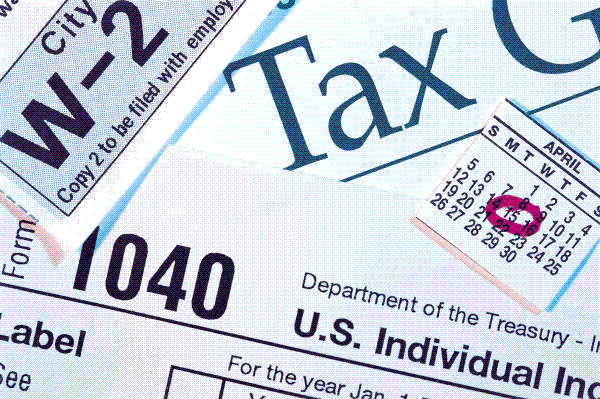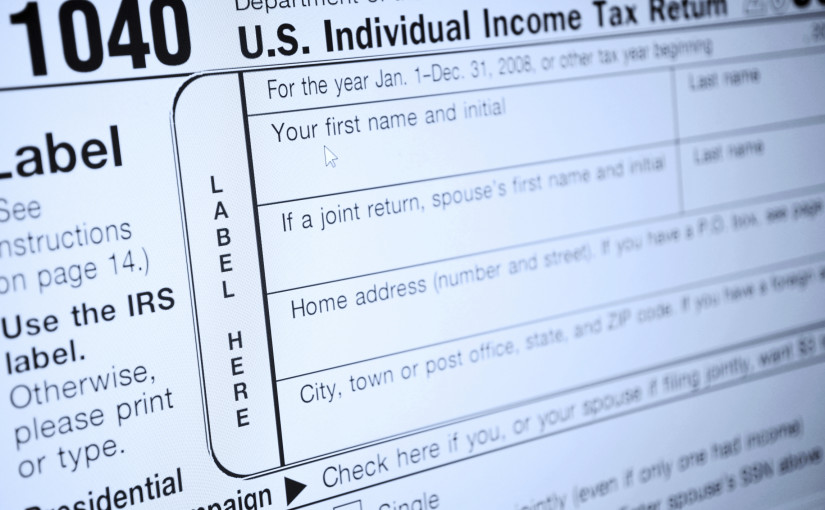Many who have jobs as part of the gig economy do not realize that all the money they earn is taxable. Even without the official tax forms issued to them. Want to know more and better understand how your side-hustles or part time work, paid in any way, are taxable? Visit the IRS Gig Economy Tax Center and find answers to all of your tax related questions.
Tag: IRS
Small Business Owner, Have Tax Questions?
Are you a small business owner with tax questions? The IRS offers a great resource to answer all of your inquires and help take the confusion out of starting a business, filing your taxes, adding employees, and much more. They even offer webinars on a variety of business related topics. Check it out today here: Small Business and Self-Employed Tax Center
Gig Economy Tax Need to Know
What is the definition of gig economy work?
“The term “gig” is a slang word for a job that lasts a specified period of time.” Even though your income is from many smaller jobs, this work is taxable and you should be aware of what you owe at tax time. For more information, reference this article from the IRS website, Gig Economy Tax Center.
Tax Planning Year Round
In this blog post, the IRS recommends ways to keep up with your taxes throughout the year so that when tax time approaches you’ll be prepared and not stressed. A few of the suggestions include, organizing tax records, adjusting check withholding, and saving for retirement. Read more here and start planning for next year’s tax season today. Tax planning doesn’t stop after a taxpayer files a tax return
Digital Asset Reporting
Do you have questions about reporting your digital assets? Or if you even need to report them? Martha Waggoner for The Tax Advisor reviews and breaks down the latest instructions from the IRS in her article, Taxpayers reminded about digital asset question and income reporting. She begins by defining digital assets and then offers clear, point by point tips to consider when completing your tax forms.
Another Look at the IRS
Tax season is fast approaching and tax payers are finding that the IRS customer service is lacking. Michael Hiltzik for the Los Angeles Times suggests that the blame may not be on the organization itself but on the federal government who has repeatedly cut funding for the agency. In the last thirty years the tax payer base has grown from 254 million people, collecting $1.1 trillion in revenue to 330 million people now dealing with over $3.5 trillion. During this time, the staff at the IRS has been cut by almost 30,000 and over the last decade, “the agency’s budget has declined by 20% in inflation-adjusted terms.” According to statistics published by the IRS National Taxpayer Advocate, last year only 11% of calls to the agency were answered. What does this mean for the IRS and the general taxpayer? Read more here: Don’t blame the IRS for its lousy service. Blame Congress
Tax Payer Relief
Following our last blog about the budget cuts at the IRS and what that means for tax payers this season, we offer this article from The Tax Advisor: Taxpayers need relief now, AICPA and other organizations say. The consortium known as the AICPA comprised of many different accounting bodies has made the following recommendations.
The group recommends that the IRS:
- Discontinue automated compliance actions until the IRS is prepared to devote the necessary resources for a proper and timely resolution of the matter;
- Align requests for account holds with the time it takes the IRS to process any penalty abatement requests;
- Offer a reasonable-cause penalty waiver, similar to the procedures of a first-time abatement (FTA) administrative waiver, without affecting the taxpayer’s eligibility for FTA in future tax years; and
- Provide taxpayers with targeted relief from both the underpayment-of-estimated-tax penalty and the late-payment penalty for the 2020 and 2021 tax years.
Read more from the AICPA here: Taxpayers need relief now, AICPA and other organizations say
Tax Season Delays
The IRS is understaffed and refunds may be delayed. Currently, the IRS has a workforce similar to that of the 1970s, 15,000 employees handle around 240 million calls during tax season, about 16,000 calls per employee. 90% of people file electronically helps the process and many in the remaining percentage would prefer filing online but cannot for various reasons including forms the agency does not yet process electronically. Reduced budgets and a decline in tax payer enforcement in recent years have led to concerns about a growing “tax gap.” Read more here: Treasury warns of ‘enormous challenges’ this tax filing season that could delay refunds
Child Tax Credit Details
Have you been getting Child Tax Credit checks from the IRS? As exciting as “free” money may be, it’s important to understand that this is only an advance and will be claimed later on your 2022 taxes. Did you know that you can opt out of these payments? It’s a simple process on the IRS website. If you are a married couple, each person will have to complete their own opt out form.
https://www.irs.gov/credits-deductions/advance-child-tax-credit-payments-in-2021
Retirement Savings Rescue
As the COVID-19 pandemic continues, the IRS has developed procedures for individuals to take early distributions from their retirement plans under Section 2202 of the Coronavirus Aid, Relief, and Economic Security (CARES) Act, P.L. 116-136. The rules to qualify for these disbursements are fairly generous. For more details and to see if you qualify, read this article from The Tax Adviser. Early distributions from retirement plans related to COVID-19







